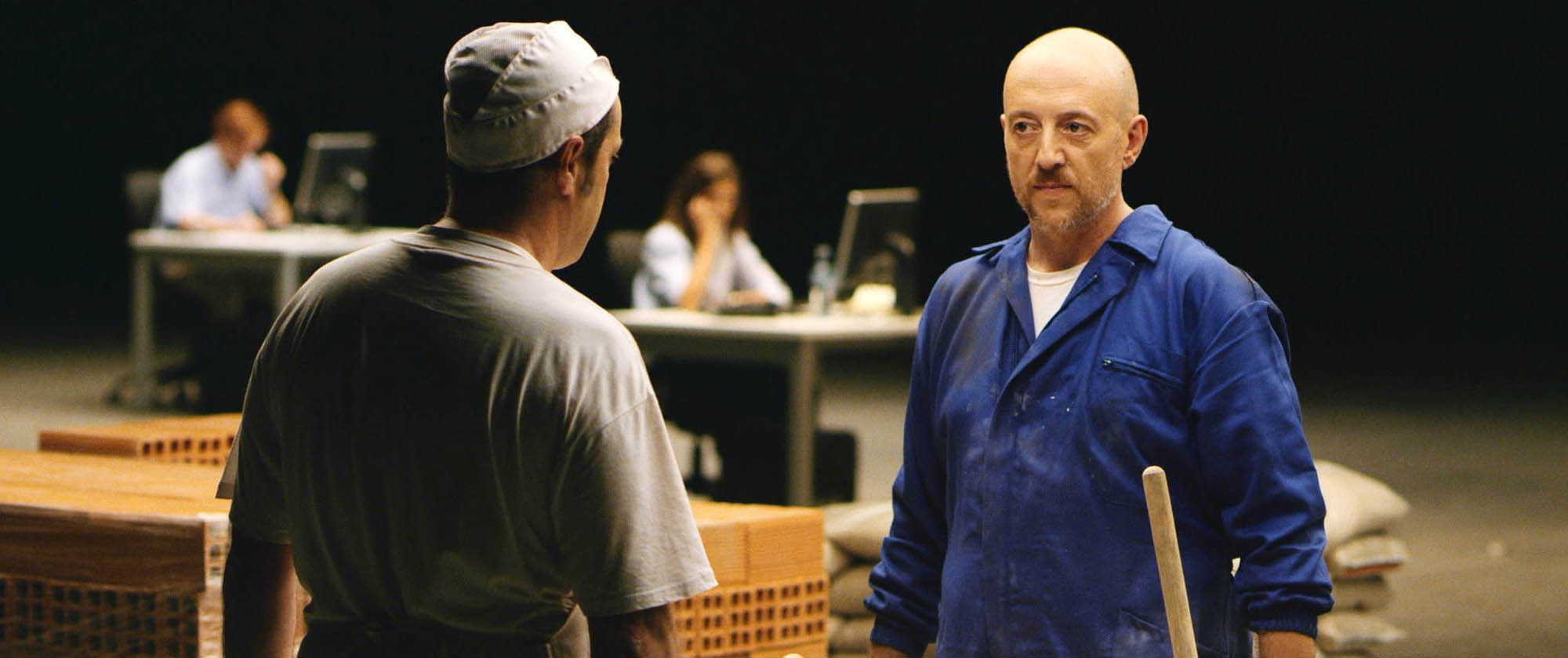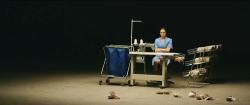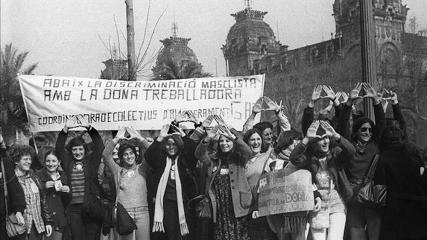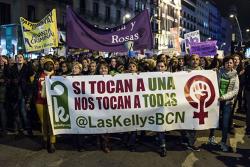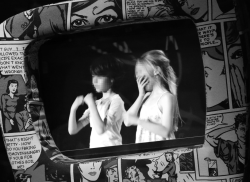
Working dead. Post-work scenarios
The concept of work has altered on a number of occasions over the centuries. These changes reveal the connection between work and the various economic models prevailing at the time but are also linked to the transformations in people’s ways of thinking, feeling and being. In other words, work too is the product of the assorted cultural revolutions that have taken place throughout the history of humankind. Viewed in this light, it can be seen that the major economic transformations that occurred in the late 1970s and early 80s resulted, among many other things, in the factory losing its status as the prime place of manufacturing. The displacement and devaluation of directly productive labour signalled the spread of the processes of adding value into society as a whole, from the factory to the metropolis.
After decades of these fundamental transformations, it is worth looking at the varying geographies in the new composition of work by initiating debates and considering the problems and issues, thereby enabling us to examine the changes in the make-up of the labour force, in the dynamics of capitalist appreciation, in areas of conflict and in the processes of constituting subjectivities. We propose to explore the way the conceptual field of class recomposition has been redefined, a transition that has given rise to new subjectivities and has forged new cultural and political relationships, without ignoring the class memory/memories in Spain, the racialised composition of the transnational labour force and the gender divide which, with new variables, continues to have an impact within the sphere of globalised employment.
María Ruido, Antonio Gómez Villar and Marta Echaves
Participants: Marta Malo de Molina, Matxalen Legarreta, Las Kellys BCN, Carme Gomila Seguí (Cooptècniques) and Agrupació Feminista de Treballadores del Sexe (AFEMTRAS)


